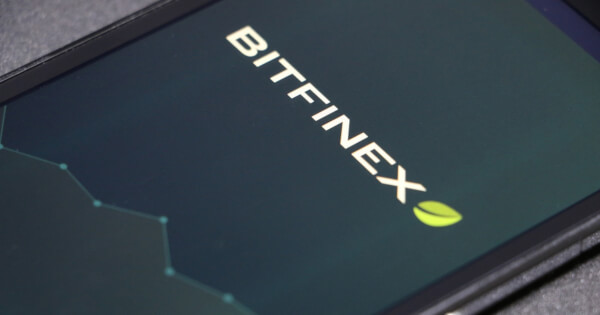Bitfinex Successfully Prevents $15 Billion XRP Exploit Attempt
Rebeca Moen Jan 15, 2024 13:16
Bitfinex successfully prevented a complex exploit attempt targeting $15 billion worth of XRP, highlighting the continuous need for advanced security measures in cryptocurrency exchanges. The exchange's correct system configurations played a pivotal role in averting potential theft, emphasizing the importance of robust cybersecurity practices in the digital currency domain.

On January 14, 2024, the cryptocurrency exchange Bitfinex effectively averted a significant security threat, successfully preventing an exploit attempt that targeted nearly $15 billion worth of XRP. This event underscores the persistent challenges and security risks in the realm of digital currencies.
The core of this incident was a "partial payments exploit," a known vulnerability in the XRP ledger's partial payments feature. An anonymous attacker sought to leverage this vulnerability by exploiting a potential misconfiguration in Bitfinex's system. Typically, in such exploits, the attacker relies on the victim's system reading only the "amount" field of an XRP transaction, which is intentionally set to a high value. However, the actual amount sent is significantly lower, aiming to deceive the recipient into crediting a larger amount.
This attempted exploit was first reported by Whale Alert, a blockchain transaction monitoring service, which noted a transaction of 25.6 billion XRP, almost half of XRP's circulating supply, from an unidentified wallet to Bitfinex. However, Whale Alert later retracted this report, attributing the error to a misreading of the Ripple node response.
Bitfinex's Chief Technology Officer, Paolo Ardoino, confirmed the incident, shedding light on the company's effective defense mechanisms. Ardoino clarified that Bitfinex's systems had been correctly configured to handle the 'delivered_amount' data field, effectively neutralizing the exploit attempt.
Furthermore, it was revealed that the same attacker had also attempted a similar exploit against Binance, involving a transfer of 58.9 billion XRP. This attempt, like the one at Bitfinex, was unsuccessful, showcasing the robust security measures employed by leading cryptocurrency exchanges.
The incident is a stark reminder of the continuous security threats facing the cryptocurrency industry. Exchanges, holding substantial value, are often the targets of sophisticated cyber-attacks. This necessitates an ongoing evolution and enhancement of security protocols to protect assets.
The role of blockchain tracking services, such as Whale Alert, has also been highlighted. While these services offer valuable insights into significant transactions, they are not infallible, as demonstrated by this incident. It emphasizes the importance of accurate reporting and verification in the blockchain and cryptocurrency sectors.
The rapid growth of the cryptocurrency market and the influx of new users underscore the paramount importance of security. Exchanges like Bitfinex and Binance are leading the way in implementing state-of-the-art security measures to shield their platforms and users from such threats. This incident serves as a crucial reminder of the necessity for vigilance and continuous improvement in security measures within the cryptocurrency ecosystem.
Image source: Shutterstock.jpg)
